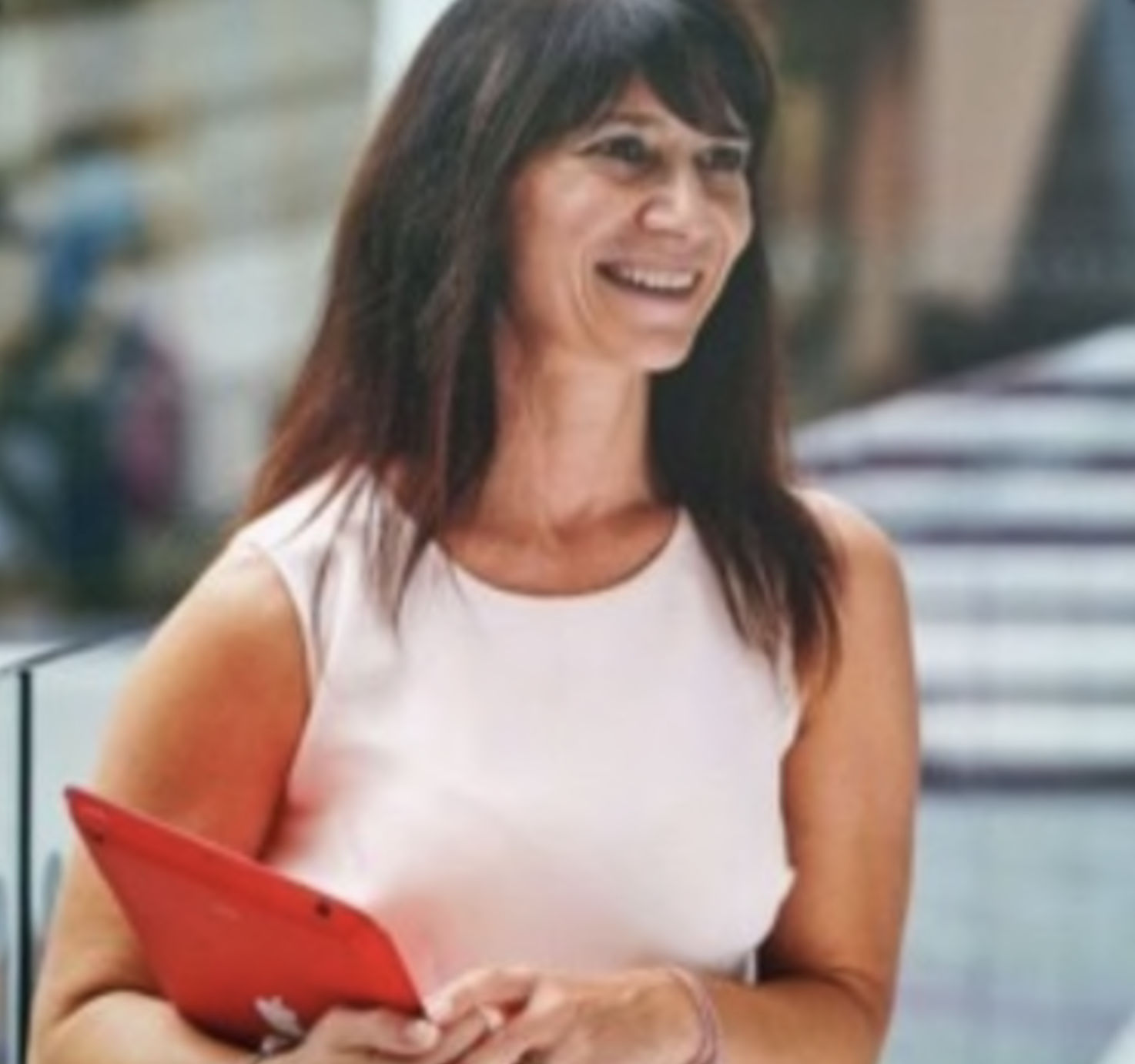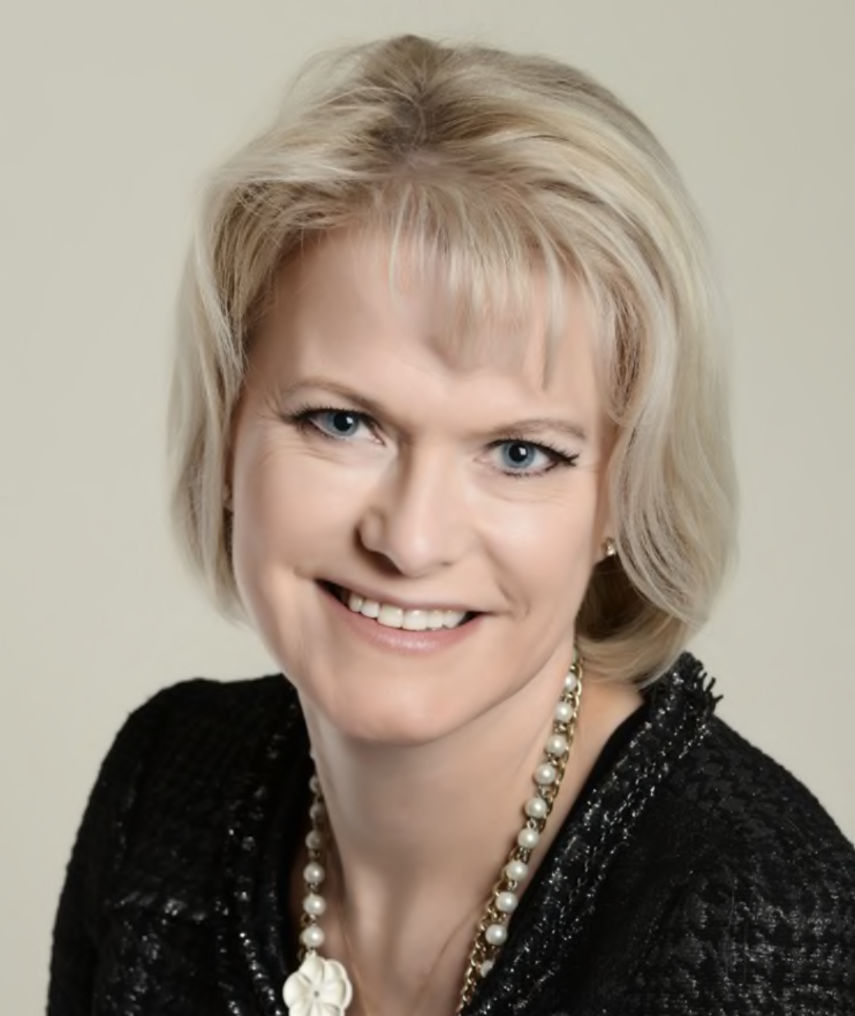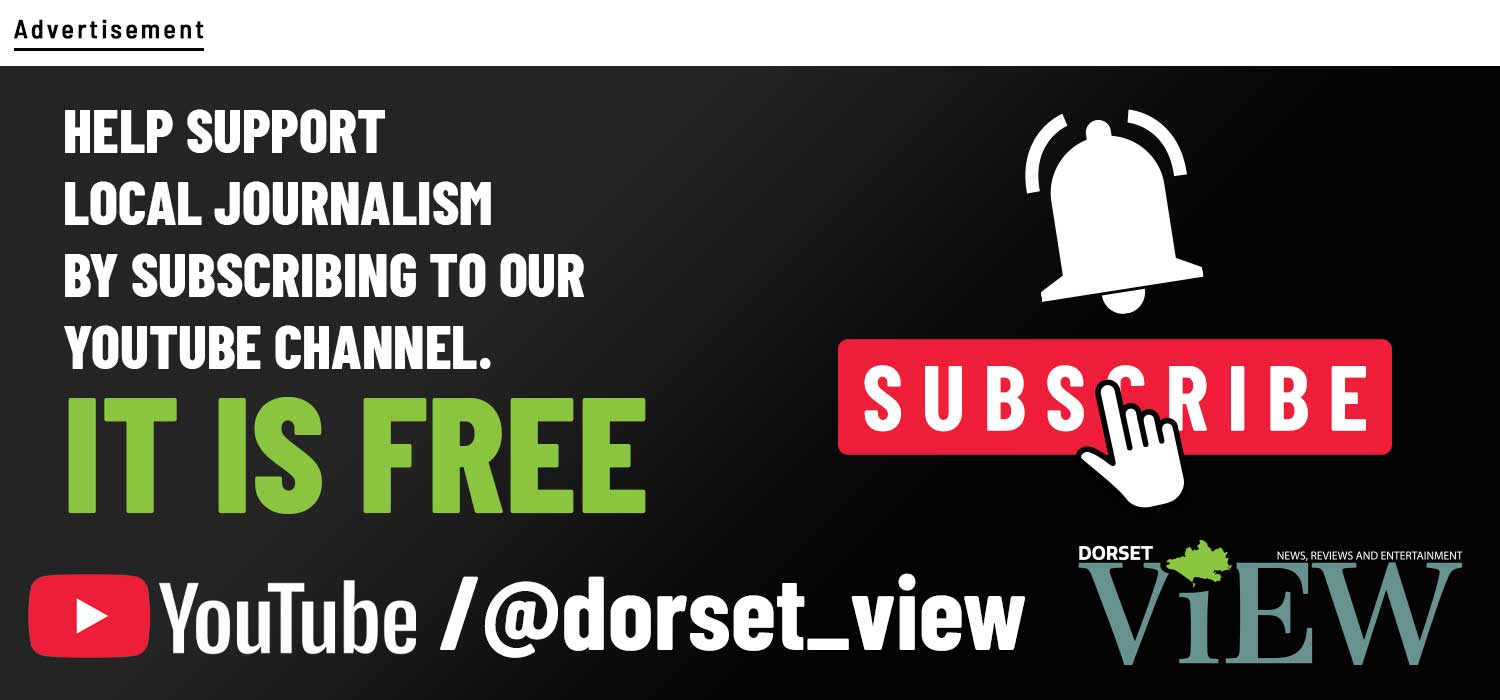Health & Lifestyle | Posted on March 8th, 2023 | return to news
Celebrating female health innovation leaders on International Women’s Day
Don’t be afraid, be open to change, and play to your strengths. That’s the advice for women, from women who work in the health innovation sector.
Today (March 8) marks International Women’s Day. It’s a day to celebrate the achievements of women and a reminder that there’s still work to do in reaching equity – particularly in the male-dominated health and digital technology fields.
To celebrate the occasion, isansays.com asked women who are part of our health networks to share their experiences as a woman working in health and technology, along with the challenges they’ve faced and the advice they have for other women looking to work in the sector.
Here’s what they had to say:
Jemma Blake, Innovation Consultant at the Innovation Centre at the Alder Hey Children’s NHS Foundation Trust

What do you enjoy the most about your role?
As an Innovation Consultant I’m encouraged to think outside the box; innovate, collaborate, and work with the best to solve real-world healthcare problems that children and young people face today.
Working in the healthcare industry for the past 20 years I find it both exciting and challenging to work in such a new and unique role which optimises health technology to make a real impact on the delivery of future patient care.
What are the biggest challenges you’ve faced as a woman?
The biggest challenges I’ve faced as a woman has been maintaining the balance between work and home life.
I’ve always been an enthusiastic full-time worker wanting to pursue a professional career. In 2010 and again in 2017 I became a mother to two precious little girls.
Multiple roles demand responsibility, sacrifice and large childcare costs. Like many others, I’ve had the dilemma of reducing my working hours to accommodate childcare or spending a significant portion of my income on childcare for me to continue working full-time.
Deciding to continue working full-time, challenges remain between the pressure I put on myself trying to be the ‘perfect’ mum, while continuously driving my professional development in order for me to have my desired success within my career.
What piece of advice would you give your younger self?
Set personal goals and use every opportunity to further development. Be inspired, unafraid and empowered to get were you want to be.
How can we encourage more women to work in the sector?
We can encourage women to work in the sector by celebrating strong, visible women leaders as positive role models.
Every sector should advocate removing all barriers, breaking glass ceilings.
We should be encouraging female mentorship and investing in training opportunities for learning development, career development, experience involvement.
Heidi Probst, Professor of Radiotherapy and Oncology and current Director of the Health Research Institute at Sheffield Hallam University

What do you enjoy the most about your role?
In my research what I love the most is engaging with patient representatives and clinical healthcare staff to understand and learn about the challenges they face or the difficulties with how radiotherapy is delivered. We can then work together to come up with new innovations or new approaches to make delivery of radiotherapy or the experience of having radiotherapy better.
In my role as Health Research Institute Director, I enjoy the opportunity to bring researchers and innovators together from different disciplines to connect in order to facilitate new areas of research for the benefit of patients.
One of the best parts of my roles is to provide mentorship/supervision to early career researchers and to see how they develop and grow.
What are the biggest challenges you’ve faced as a woman?
Honestly, working within HealthTech innovation, sometimes it’s been hard to feel heard or that the innovation proposed is sufficiently significant or important.
Here the patient voice has been really critical, and I feel duty bound to amplify patient experiences and patient stories as important considerations for the innovation that is being developed.
What piece of advice would you give your younger self?
Knowing that the needs of the patient and the patient voice is at the heart of innovation will be the strength you need to stay motivated and to overcome the challenges you experience along the way.
How can we encourage more women to work in the sector?
I think we need more visibility for women working in the sector and the projects and innovations that they have developed. Also, more opportunities for mentorship for females wanting to develop in health tech.
Ana Maiques, CEO and Co-founder, Neuroelectrics

What do you enjoy the most about your role?
I enjoy the challenge of leading an organisation that is continuously innovating and evolving.
I’m especially proud of the talented and dedicated people who work at our company, and I enjoy partnering with them to develop strategies and solutions that will move our company forward. I also appreciate the opportunity to be a leader, mentor, and advocate for our employees and ensure that our company remains a great place to work.
What are the biggest challenges you’ve faced as a woman?
As a female entrepreneur, I’ve often struggled to gain visibility and access to the same networks as my male counterparts. This lack of access to influential contacts and networks can make it harder.
Women entrepreneurs often face double standards, such as being judged more harshly than male entrepreneurs or proving our worth more than men.
What piece of advice would you give your younger self?
Invest in yourself and your education, and don’t be afraid to take risks.
Believe in yourself, and don’t let anyone else define what success means for you. Make sure to take time to enjoy the journey as well as the destination.
How can we encourage more women to work in the sector?
We can encourage more women to pursue careers in neuroscience by creating supportive networks, and taking active steps to ensure that female professionals in the field are given equal opportunities and are not discriminated against.
By providing mentorship, internships, scholarships, and other resources to help female students and professionals in the field, we can foster more women to enter the neuroscience sector.
Dr Bettina Horster, Founder and Executive Board Member at VIVAIcare

What do you enjoy the most about your role?
I’m a very creative person with lots of ideas and I love that I can realise my visions. I can do things that I believe in and that I’m passionate about.
I really love to help people with impairments to lead a better life. This is why I founded VIVAcare. The work is rewarding to me – it almost doesn’t feel like work.
When I get feedback that I’ve helped to improve someone’s life this makes me and my team extremely happy.
What are the biggest challenges you’ve faced as a woman?
The problems are always the same – I think there’s enough said about it. I’d much rather talk about solutions.
I am 100% for laws that force the companies and organisations to promote women to board positions at a certain ratio. Otherwise we will always have challenges. If it’s normal that a board consists of half men and women, then women can show their talents and the challenges of being a female leader are gone.
What piece of advice would you give your younger self?
Be yourself. If you don‘t put forward your own point-of-view you’re not relevant or important. Be brave enough to have an opinion. This way people will always recognise and respect you. They might not always like you, but this is the price for being relevant.
How can we encourage more women to work in the sector?
This is a very tough question.
First of all we need to start really early in primary school to show girls that computer science is really cool and encourage them to pursue that path, then we can develop the education form there.
Secondly, we really need more role models that the girls can refer to. There are not enough charismatic female leaders in tech – but if we develop more female engagement in tech companies, I’m sure they will come.
Georgina Horton, Head of Communications, Isansys Lifecare

What do you enjoy the most about your role?
Working in PR and communications, no day is ever the same, but the thing I most enjoy is having the chance to connect with doctors and nurses and learn about the multitude of problems they face on a daily basis. I’m then able to show them how we can help make their lives better, less stressful and improve patient care and patient safety.
The feedback I get is incredible – when one of them tells me that our technology is revolutionising the way their patients are cared for in and out of hospital, or I learn that a patient we once monitored as they fought for their life, has just started their first day at school, it all seems worthwhile. Who wouldn’t want a job that does that?
What are the biggest challenges you’ve faced as a woman?
Working in a medical environment and in a tech industry, I often feel that I’m completely out of my depth. I have no medical training and am a disaster when it comes to anything technical.
During meetings in hospitals, I used to sit and listen as clinicians spoke and often came out feeling more confused than when I went in. I soon realised this mindset was getting me nowhere – I’m a confident, well-educated, articulate woman.
So, one day, when I attended a face-to-face meeting with a room full of doctors, I explained that my expertise was in marketing and that I was there to listen to their problems and to determine whether our technology could be the right solution for them. I wanted to hear about their experience on the front line, put the patient at the centre of care and learn what I could do to help.
This was a turning point in my career. As a former journalist, one of my key skills is my ability to speak to anyone regardless of seniority and this has helped me foster close professional relationships with both medical and technical staff.
What piece of advice would you give your younger self?
Enjoy life and be open to change. Yes, you might have a roadmap for your career or a 10-year life plan but don’t be so fixated on this that you miss an opportunity which could transform everything. Life is way too short for the ‘what ifs?’
How can we encourage more women to work in the sector?
In my role, I’m witnessing a huge shift in women being at the forefront of a company.
During many meetings, the number of women is starting to outnumber the men around the table, and this is hugely reassuring that there has been a shift in paradigm of women in business, healthcare and technology.
However, women still encounter persistent obstacles to advancements, particularly for senior positions, where they’re still very much under-represented.
To improve this companies should:
- Offer training and opportunities to develop the skills required to allow women to qualify for more senior positions
- Make a point to diversify positions of leadership
- Celebrate success stories of women who are succeeding across all levels
- Mentor and support other women
- Make pay schemes fair and offer a better work/life balance
Betina Langemark, Co-founder & CEO, WARD 24/7

What do you enjoy the most about your role?
I love the fact that our product can really make a difference in healthcare. It is very satisfying to know that what you spend your time on can eventually benefit others. The most rewarding aspect of my work though is my team. I often have to pinch myself when I think of the people we have been able to attract: the most amazing, hardworking, diverse group of experts, who all work so effortlessly together. Watching each individual proactively take responsibility and progress as a group is incredibly inspiring. I also enjoy my own role much more than the younger version of myself would have. It’s a fine balance between listening and being flexible, and prioritising and setting direction. It is very rewarding when it goes well.
What are the biggest challenges you’ve faced as a woman?
For most of my career I didn’t want to admit I was facing challenges linked to the fact that I was a woman. That would be the same as admitting that I had challenges and I wanted to see myself as successful. However, whenever successful women were interviewed, they always said they never felt that it was a challenge. This has changed a bit today – but not really …
In hindsight, I think the biggest challenge has been to almost assume an unnatural identity to fit a male way of interacting in management teams and board rooms. I learned this as a young management consultant: never conclude with more than three bullets and don’t admit when you feel insecure. I also once took a voice training course with an opera singer because I thought women sounded shriek when irritated.
It is difficult to comprehensively address this issue in short sentences and I’m not sure I have it all figured out to be honest.
These are subtle challenges but they are very real.
What piece of advice would you give your younger self
- Work less. Say no. Know your worth. Focus on friends on family first even if you are super ambitious
- Don’t lean in. Don’t become a man. Be yourself…
- If people disagree with you, be curious and listen, before explaining your own point of view
How can we encourage more women to work in the sector?
Promote more women to leadership positions so we can overcome unconscious biases and create a more diverse and inclusive working culture ..? Maybe?
Please share post:
Tags: #InternationalWomensDay









